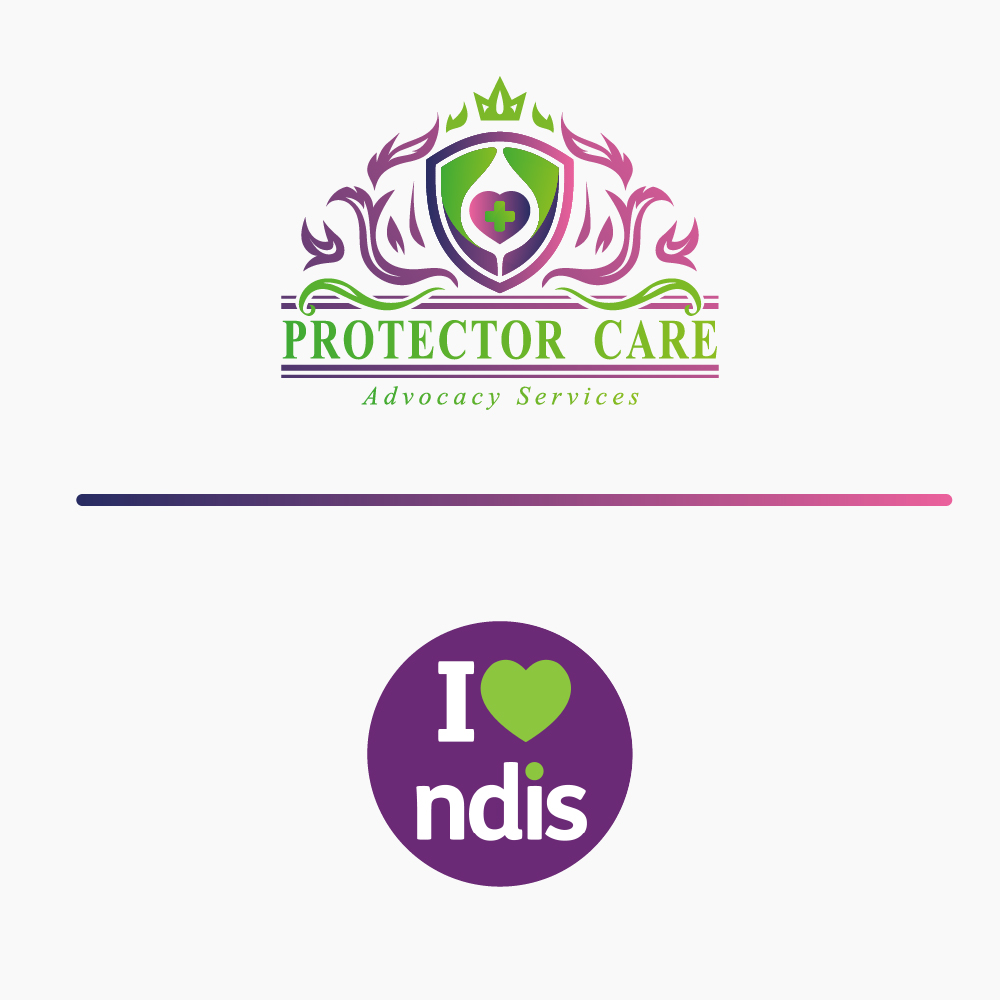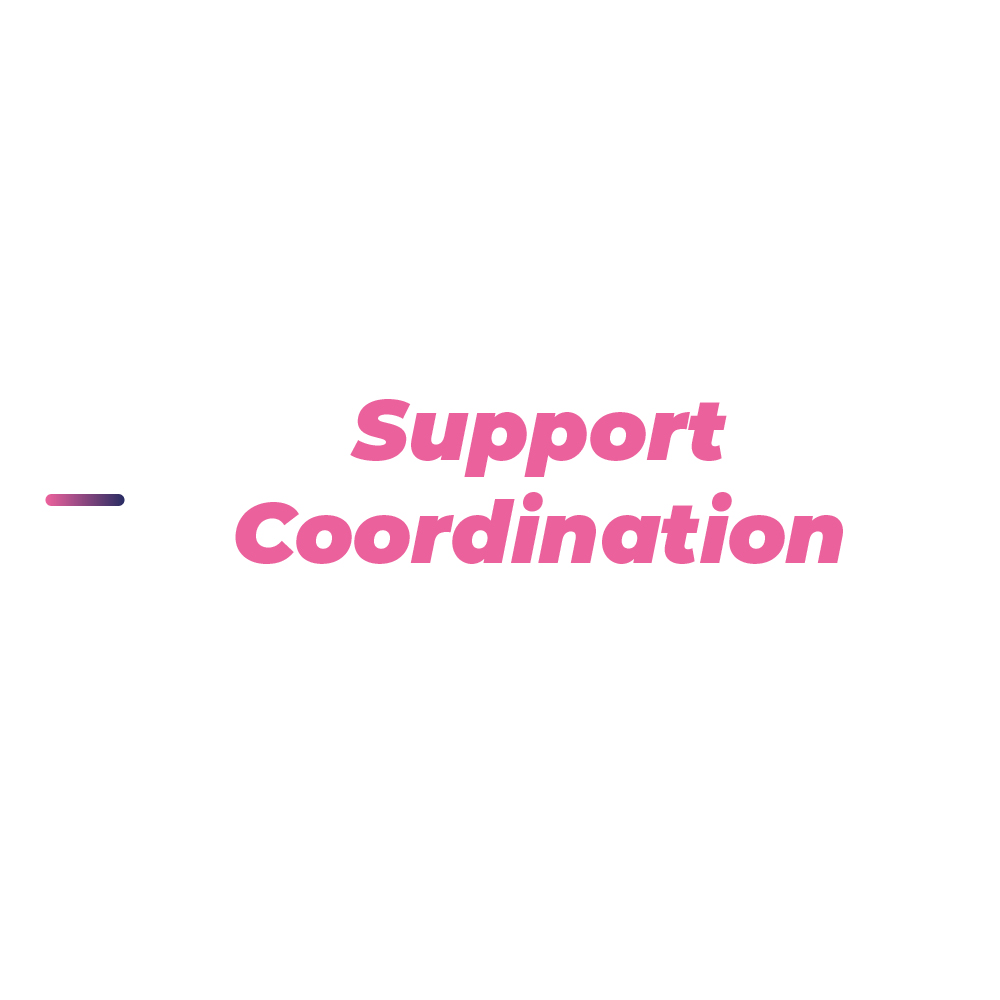Protector & Care Advocacy Services
Support Coordination L 1
- Services
- Support Coordination

Support Coordination L1
Support coordination services play a pivotal role in the disability care sector, facilitating access to essential supports and services for individuals with disabilities. These services aim to empower individuals to navigate the complex disability support system, identify their needs, and achieve their goals. This article explores the significance, objectives, and benefits of support coordination services in ensuring holistic and person-centered care for people with disabilities.
The Significance of Support Coordination Services
Support coordination services are essential for several reasons:
Navigating Complex Systems: The disability support system can be complex and overwhelming for individuals and their families. Support coordinators serve as guides, helping navigate available supports, services, and funding options.
Advocacy and Empowerment: Support coordinators advocate for the rights and preferences of individuals with disabilities, ensuring their voices are heard in decision-making processes. They empower individuals to make informed choices and exercise control over their lives.
Coordinated Care: Support coordinators facilitate collaboration among various service providers, including healthcare professionals, therapists, educators, and community organizations. By coordinating care and resources, they promote continuity, efficiency, and effectiveness in service delivery.
Goal Setting and Planning: Support coordinators work collaboratively with individuals to identify their goals, strengths, and needs. They develop personalized care plans that align with the individual’s aspirations, preferences, and abilities.
Objectives of Support Coordination Services
The primary objectives of support coordination services include:
Assessment: Conducting comprehensive assessments to understand the individual’s strengths, challenges, and support needs.
Planning: Collaborating with the individual to develop a person-centered plan that outlines their goals, aspirations, and support requirements.
Resource Identification: Identifying available supports, services, and funding options that align with the individual’s goals and preferences.
Coordination: Facilitating communication and collaboration among service providers to ensure seamless delivery of supports and services.
Monitoring and Review: Regularly monitoring progress, evaluating outcomes, and adjusting the care plan as needed to meet changing needs and goals.
“Caring about others, running the risk of feeling, and leaving an impact on people, brings happiness.”
Benefits of Support Coordination Services
Support coordination services offer several benefits:
Empowerment: By providing information, guidance, and advocacy, support coordinators empower individuals with disabilities to take control of their lives and make informed decisions.
Access to Services: Support coordinators help individuals access a wide range of supports and services, including healthcare, education, employment, housing, and social activities.
Quality of Life: By facilitating person-centered planning and goal setting, support coordinators enhance the quality of life for individuals with disabilities, promoting independence, inclusion, and participation in community life.
Efficiency and Effectiveness: Through coordinated care and resource allocation, support coordinators optimize the use of available resources, minimizing duplication and ensuring efficient service delivery.
Conclusion
Support coordination services play a vital role in ensuring that individuals with disabilities receive the supports and services they need to live fulfilling and meaningful lives. By navigating complex systems, advocating for individual rights, and facilitating coordinated care, support coordinators empower individuals to achieve their goals and aspirations. As the demand for person-centered disability care continues to grow, support coordination services will remain essential in promoting independence, inclusion, and well-being for people with disabilities.


Any Questions About Wellness?
Call Anytime!!
0490 073 555
